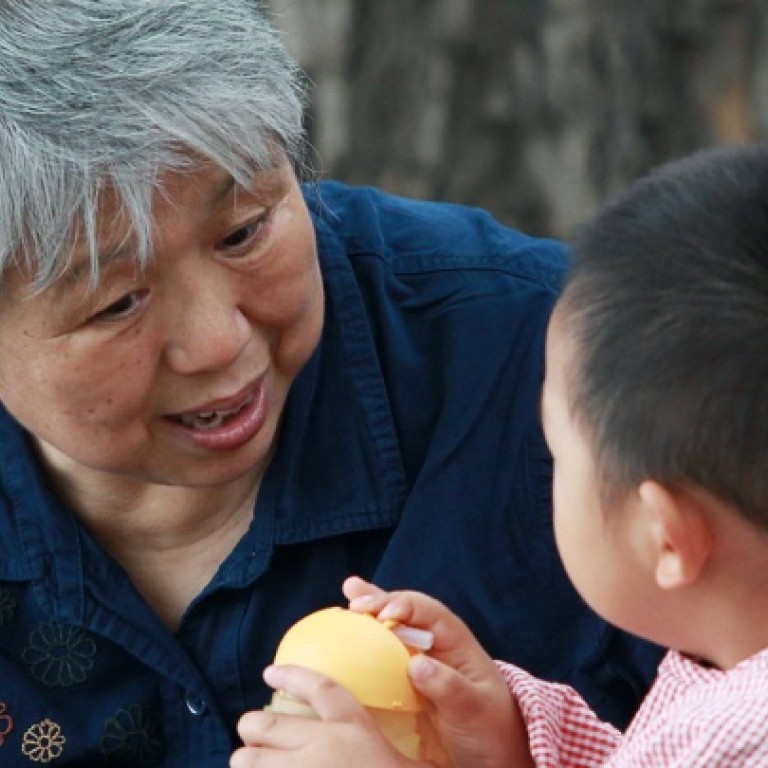
The old-age crisis facing China
A country's population is its fate, 19th century philosopher Auguste Comte observed. He was referring to his post-revolutionary France, but he could well have been offering sage advice to Chinese authorities. By focusing on the economy, they have transformed the nation, pulling hundreds of millions out of poverty and creating spectacular growth and wealth. All that could be in danger, though, unless greater attention is paid to its fast-rising numbers of old people.
A country's population is its fate, 19th century philosopher Auguste Comte observed. He was referring to his post-revolutionary France, but he could well have been offering sage advice to Chinese authorities. By focusing on the economy, they have transformed the nation, pulling hundreds of millions out of poverty and creating spectacular growth and wealth. All that could be in danger, though, unless greater attention is paid to its fast-rising numbers of old people.
No nation is ageing as quickly as China. Today, 14.8 per cent of the population is over 60 years of age, but that figure will rise to more than 33 per cent if trends continue. That poses a host of problems, among them a shrinking labour force and ballooning costs for health care and retirement benefits. Add in the effects of the one-child policy, which means fewer people of working age will be expected to take care of the needs of ever more dependents, and an economic and social crisis looms.
The pressures have been given clarity by a landmark study of people aged 45 and over. Of the 17,708 people from 28 provinces researched, a third were suffering poor health and a quarter of those over 60 lived below the poverty line. Almost 38 per cent of the elderly had difficulty completing daily tasks on their own, while 24 per cent needed help. Compounding the problems is the rudimentary elderly-care system; it suffers from a severe lack of knowledge, finance, human resources, regulation and institutions.
Old people who live alone, many left by children who have moved to cities, are estimated to number 100 million, or almost half of the over-60s population. An increasing number of old people do not have children. This is cause for grave concern given the failings of the health and pension systems.
Reforms are urgently needed. With health care, there has to be better education about healthy living, insurance and early diagnosis of chronic diseases. The pension system does not adequately fund most retirees. Those without family support have to be provided for, through community schemes or provision of elderly-care beds and homes.
People will have to retire later than the current 50 to 55 years of age for women and 60 for men. The inequities of the public and private pension schemes have to end. Officials must finally lay to rest the one-child policy. Above all, there has to be a dramatic increase in funding. Authorities should think of it as the wisest possible investment in the nation's future.
